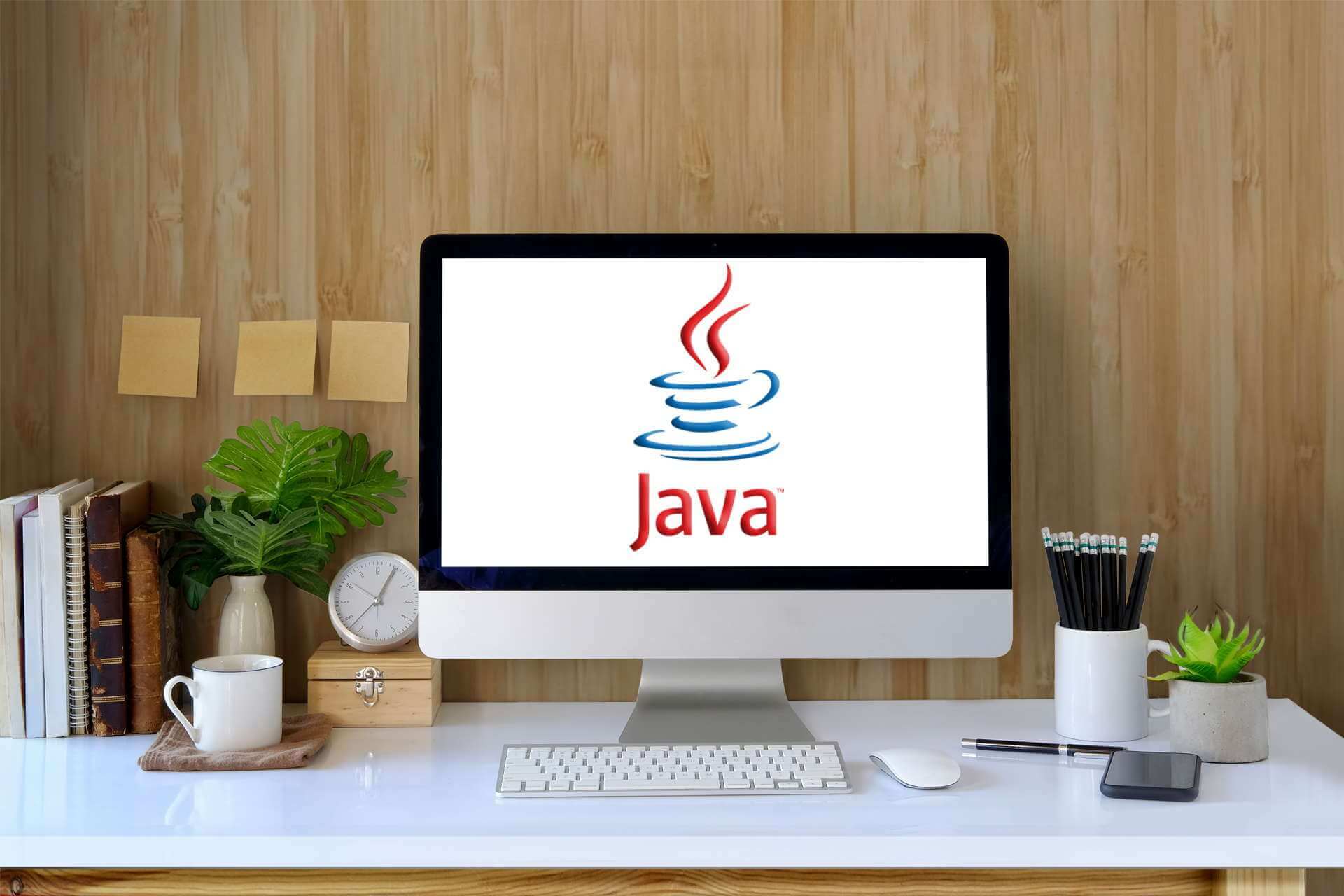

NOTICE.txt file, and source.properties file, into the Move the original cmdline-tools directory contents, including.In the unzipped cmdline-tools directory, create a.Move the unzipped cmdline-tools directory into a new directory.Package from the Android Studio downloads page and Download the latest "command line tools only".To use the SDK Manager to install a version of the command-line tools, Studio, then you don't need to use this tool, and you can instead manage your Update, and uninstall packages for the Android SDK. The installation via homebrew is about as simple as expected.The sdkmanager is a command-line tool that lets you view, install, I suspect this is an older JDK brought over from the Yosemite install and the consensus on the Internet I could find suggest to leave that alone as the system needs those.Īpparently in older versions of OS X it was possible to run /usr/libexec/java_home -uninstall to get rid of a Java install, but that option does not appear to work in OS X Sierra anymore. For some reason, I had ended up with both 1.8.0_60 and 1.8.0_131 installed on my machine, and Oracle’s uninstall instructions didn’t touch the 1.8.0_60 install in /System/Library/Frameworks/amework.

Unfortunately in my case this didn’t end up uninstalling an older version of the JDK.

It’s a rather manual approach but at least it is documented and the whole procedure consists of three commands. Removing the existing installationįortunately Oracle has uninstall instructions on their website. Oh, and installs the same JDK anyway, just without all the additional pointy clicky work. It’s just so much easier to get updates and update information all in one place. As I move the management of more development tools from manual management over to homebrew, I decided to use homebrew to manage my Java installation also. It was the typical “download from the Oracle website, then manually run the installer” deployment. I’ve had a ‘manual’ install of JDK 8 on my Mac for quite a while, mainly to run Clojure. If you want to install a specific major version of the JDK (6 or 8 at the time of writing), I describe how to do that in this new blog post. _ Update: The title of this post isn’t quite correct as using the homebrew cask mentioned in this blog post will install the current major version of the Oracle JDK. The installation method described below will still work as it uses the non-versioned java cask, which installs the latest version of OpenJDK. Update II - : It looks like due to the recent licensing changes, the Java 8 JDK that brew used is not directly accessible anymore and likely behind some kind of paywall.


 0 kommentar(er)
0 kommentar(er)
